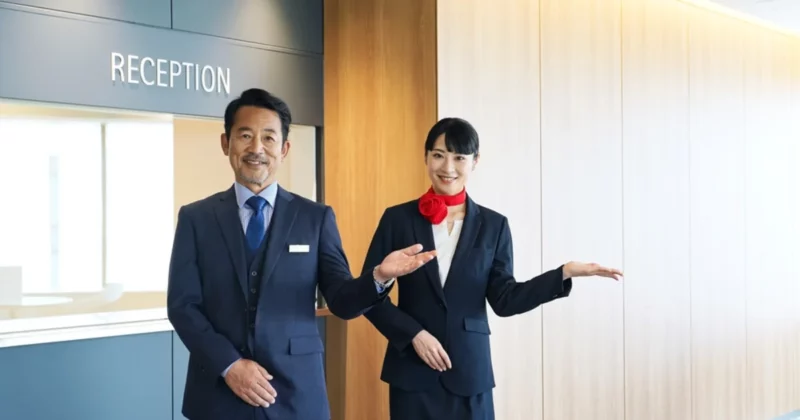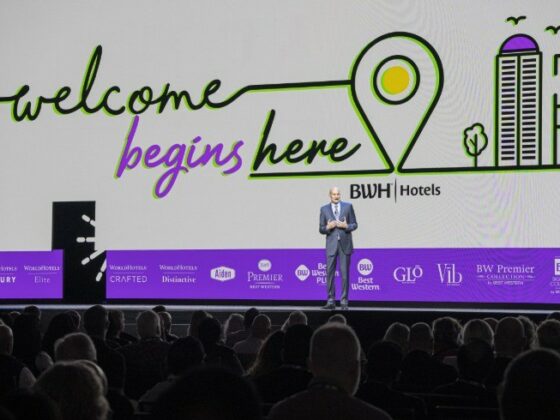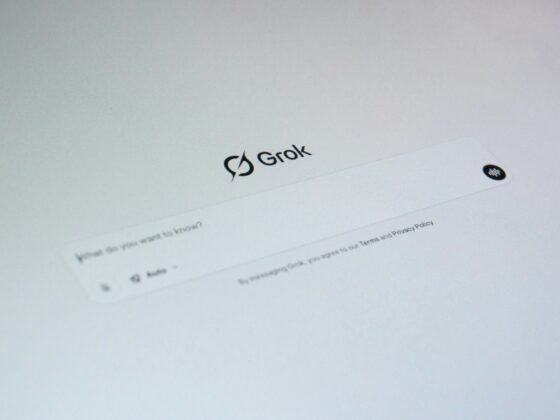
Voice reigns supreme in customer service
If someone has an issue with their hotel check-in time or a question about their restaurant reservation, they want immediate answers no matter the time of day. However, 87% of hotels in the U.S. are struggling with staffing shortages, so there simply aren’t enough employees to meet customers’ demands. To combat these gaps, contact centers in the hospitality sphere have implemented sophisticated voice AI systems. These systems are trained on the most updated company data, so they can answer many FAQs, make or amend reservations, provide information about products and services, and even identify upsell opportunities. All this is communicated in language that sounds so natural that callers may not immediately recognize that they’re talking to a bot.
Contact center AI systems are also always available, so callers can get the answers they seek whenever they need them. Additionally, voice AI systems can immediately answer a call to dramatically reduce customers’ wait times. This is especially crucial since speed is rated as one of the most important elements of a positive customer experience.
When a customer has an issue or a question, they don’t want to type out a long, detailed explanation of their query, especially if they’re already frustrated or are experiencing a time-sensitive problem. They want to quickly and clearly communicate their needs so they can get instant answers, and voice is the prime channel to most efficiently solve a problem. Saying what they need aloud is so much faster and easier than writing a big paragraph to send to a chatbot that may or may not be able to parse the nuance and needs of the message. Intelligent voice assistants, on the other hand, can understand caller sentiment and respond empathetically in a way that wouldn’t translate over text. People like to talk!
Despite the early 2010s hype about chatbots being the future of customer service, the reality is that people still want to talk on the phone to solve their problems. This chat-first assumption that didn’t come to fruition also revealed a fundamental truth about tech adoption — it can’t be forced.
In the hospitality industry, voice communication will remain the preferred channel for customer service because it is the most natural way for people to interact. As technology continues to progress, voice assistants will become even more self-sufficient and capable of handling increasingly complex actions like securing a table reservation, processing a return, booking a house cleaner and more. There’s also the potential for voice assistants to become more personalized with progressive system integrations and deeper opt-in access to customer data. The customer service channel of choice now and in the future is voice, and the smartest organizations will embrace this fact and further fortify their voice-first approaches, future-proofing their business and driving sustained success.
About the Author
Nikola Mrkšić, co-founder and CEO of PolyAI.








